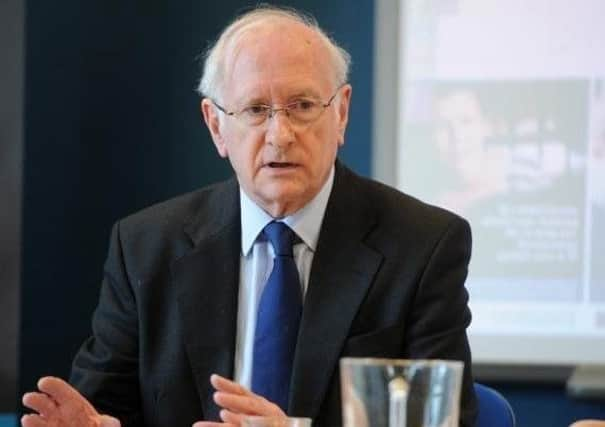Today's columnist, Dr Alan Billings: Helping kids to avoid the trap


They prefer to call themselves ‘survivors’ rather than victims because they have reached a point now where they have begun to put their lives back together. They give one another some of the support they need to do this.
They are my Survivors Advisory Group, to be consulted on any matters to do with child sexual exploitation.
Advertisement
Hide AdAdvertisement
Hide AdOver the past year or so I have learned a great deal from the survivors, and they have helped police officers and staff to understand better how children and young people can be helped when caught up in abusive situations.
What has become very clear is the way the grooming of children has moved to the internet as well as the streets. But the way grooming happens is similar and what these young women tell us is very important.
People sometimes say to me, “Why didn’t the girls just say ‘No’ to those who exploited them?”
Hearing the young women’s stories, you realise how difficult that can be.
Advertisement
Hide AdAdvertisement
Hide AdThey all speak about how as young girls they met and were captivated by an older lad – someone in their late teens or 20s. He fulfilled their teenage need for someone to talk to who was not a parent. He gave them attention, affection, friendship. They thought they were in love. And they thought he loved them.
It was this – romantic love – rather than gifts – bracelets, rings, alcohol – that really mattered.
That was when the trap was sprung. They had become emotionally dependent and would do anything to keep the relationship.
But the price grew more sinister – sexual favours and then sex with other men. And the threats started. If they dared to tell anyone, they knew what to expect.
Advertisement
Hide AdAdvertisement
Hide AdGrooming on the internet is similar, though there the young people have no idea who is responding to them. So they post their images – and the trap closes.
The dilemma for parents and other responsible adults is plain. Young people look for friendships beyond the family. This is part of growing up. They are unlikely to tell parents what they are doing, however close the relationship with the parents.
Young people need to understand the risks that the internet presents and, above all, to know that they will be listened to and understood if they feel they have done something foolish – or worse.
I wish my Advisory Group could speak to every school-aged child in the county.